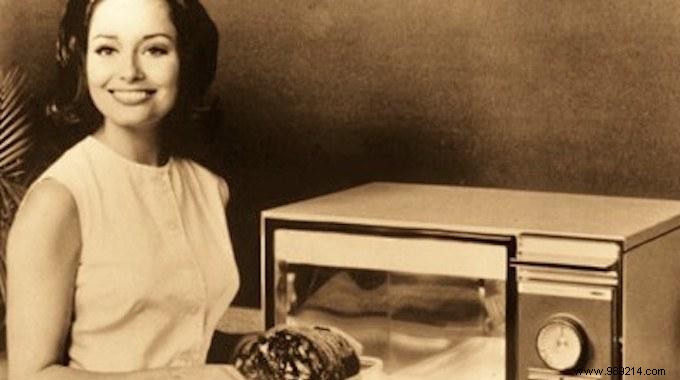
Microwave ovens are kitchen staples, found in nearly every home and office. Unlike conventional ovens, they heat food by agitating molecules up to 2-3 cm below the surface for quick results.
They're ideal for reheating leftovers or defrosting meals, saving precious time. However, certain foods suffer significant nutrient loss, bacterial risks, or chemical changes when microwaved. As a nutrition expert drawing from peer-reviewed studies, here are the 5 foods to avoid microwaving.

Breast milk's value lies in its potent antibacterial agents, crucial for newborns. Yet, research shows microwaving—even at low temperatures—destroys these lysozymes and promotes harmful bacteria.
A study found that high-temperature microwaving boosts E. coli growth 18 times compared to gently warmed milk. Low-temperature microwaving also sharply reduces isoenzyme activity, fostering bacteria risky for infants.
Broccoli is a nutrient powerhouse often reheated in microwaves for convenience. Cooking methods impact nutrient retention: steaming preserves most antioxidants, with only an 11% loss.
Microwaving with water, however, destroys up to 97% of these vital compounds, stripping away broccoli's health benefits far more aggressively than other methods.
Frozen fruits offer convenience and often superior nutrition, as freezing locks in vitamins before decay sets in post-harvest.
Fresh produce loses nutrients during storage, transport, and display—sometimes making frozen options healthier. But 1970s Soviet research revealed microwaving frozen fruits alters glucoside and galactoside into potential carcinogens.
Extensive studies through the 1990s linked microwaves to immune system effects. Thaw fruits naturally in the fridge or at room temperature instead.
Without a turntable, microwaves create hot spots, leading to uneven thawing. Meat often partially cooks on the outside while staying frozen inside, turning brown and unappetizing.
The 5–60°C danger zone during thawing encourages bacterial proliferation. Japanese studies show meat microwaved over 6 minutes loses 50% of vitamin B12.
Thaw safely overnight in the fridge or under cold water for best results and food safety.
Takeout in plastic containers or film poses risks: heat leaches chemicals like BPA, PET, benzene, toluene, and xylene into food, linked to health concerns including cancer.
Never microwave plastics in direct contact with food. This echoes breast milk risks—avoid plastic bottles in microwaves entirely.
Despite technological advances, microwaves remain a last-resort option. Prioritize traditional cooking methods to preserve nutrition and safety, minimizing microwave use for optimal health.